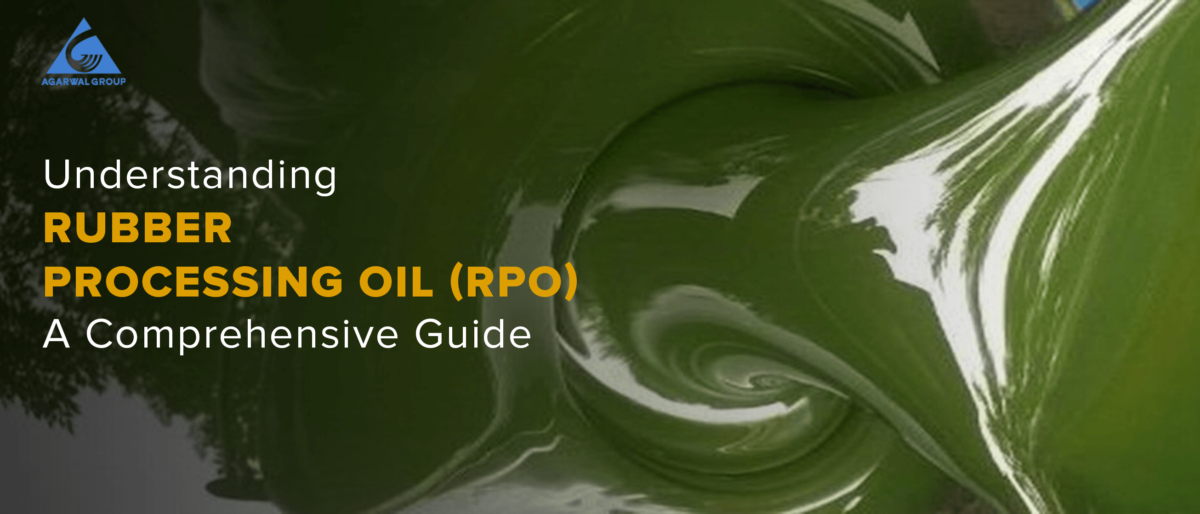I. Introduction
Rubber Processing Oil (RPO) plays a pivotal role in the rubber industry, serving as a crucial ingredient in the manufacturing process. This comprehensive guide delves into the world of RPO, shedding light on its characteristics, applications, benefits, and factors to consider when selecting the right RPO for your specific needs.
II. Understanding Rubber Processing Oil
Before delving into the applications and considerations, it’s essential to grasp the fundamentals of Rubber Processing Oil. RPO is a type of base oil used in the rubber industry to enhance the processing of rubber compounds. It’s a vital component that affects the rubber’s properties and performance.
III. Applications of RPO in the Rubber Industry
Softening Agent: RPO is used to soften rubber compounds, making them more pliable and easier to process.
Plasticizer: It functions as a plasticizer, improving the flexibility and workability of rubber compounds.
Vulcanization: RPO can act as a vulcanizing agent, enhancing the cross-linking of rubber molecules and thereby improving the rubber’s strength and durability.
Extender Oil: RPO can be used as an extender oil to reduce production costs while maintaining the desired rubber properties.
Improving Processability: RPO aids in the mixing and extrusion processes, ensuring uniform dispersion of other ingredients in rubber compounds.
IV. Benefits and Considerations
Understanding the advantages and potential drawbacks of using RPO is crucial when making informed decisions for your specific rubber processing needs. Some benefits include:
Cost Efficiency: RPO is cost-effective compared to other rubber additives, making it an attractive option for manufacturers.
Enhanced Workability: It significantly improves the processing characteristics of rubber compounds, simplifying manufacturing procedures.
Performance Enhancement: RPO can enhance the final rubber product’s strength, flexibility, and durability.
IV. RPO Is Suitable for:
- Manufacturing of automobile tyre and tubes, Retreading .
- Manufacturing of Belts and hoses
- Manufacturing of Battery Containers
- All Non Robber Manufacturing products in extrusion industries .
- And many more applications.
V. Choosing the Right RPO for Your Needs
Selecting the appropriate RPO for your rubber processing requirements is critical. Factors to consider include:
Rubber Type: Different types of rubber may require specific types of RPO for optimal results. For instance, natural rubber and synthetic rubber may have different compatibility requirements.
Viscosity: The viscosity of the RPO can impact its suitability for various manufacturing processes.
Regulatory Compliance: Ensure that the chosen RPO meets all necessary safety and environmental regulations.
Quality Assurance: Partnering with a reputable supplier known for consistent quality can provide peace of mind.
VI. Conclusion
Rubber Processing Oil (RPO) is a versatile and cost-effective component in the rubber industry, offering various benefits for manufacturers. Understanding its applications and considering the right RPO for your specific needs is crucial for successful rubber production. By following the guidelines and recommendations in this comprehensive guide, you can make informed decisions that lead to improved efficiency and product quality in your rubber manufacturing processes.

